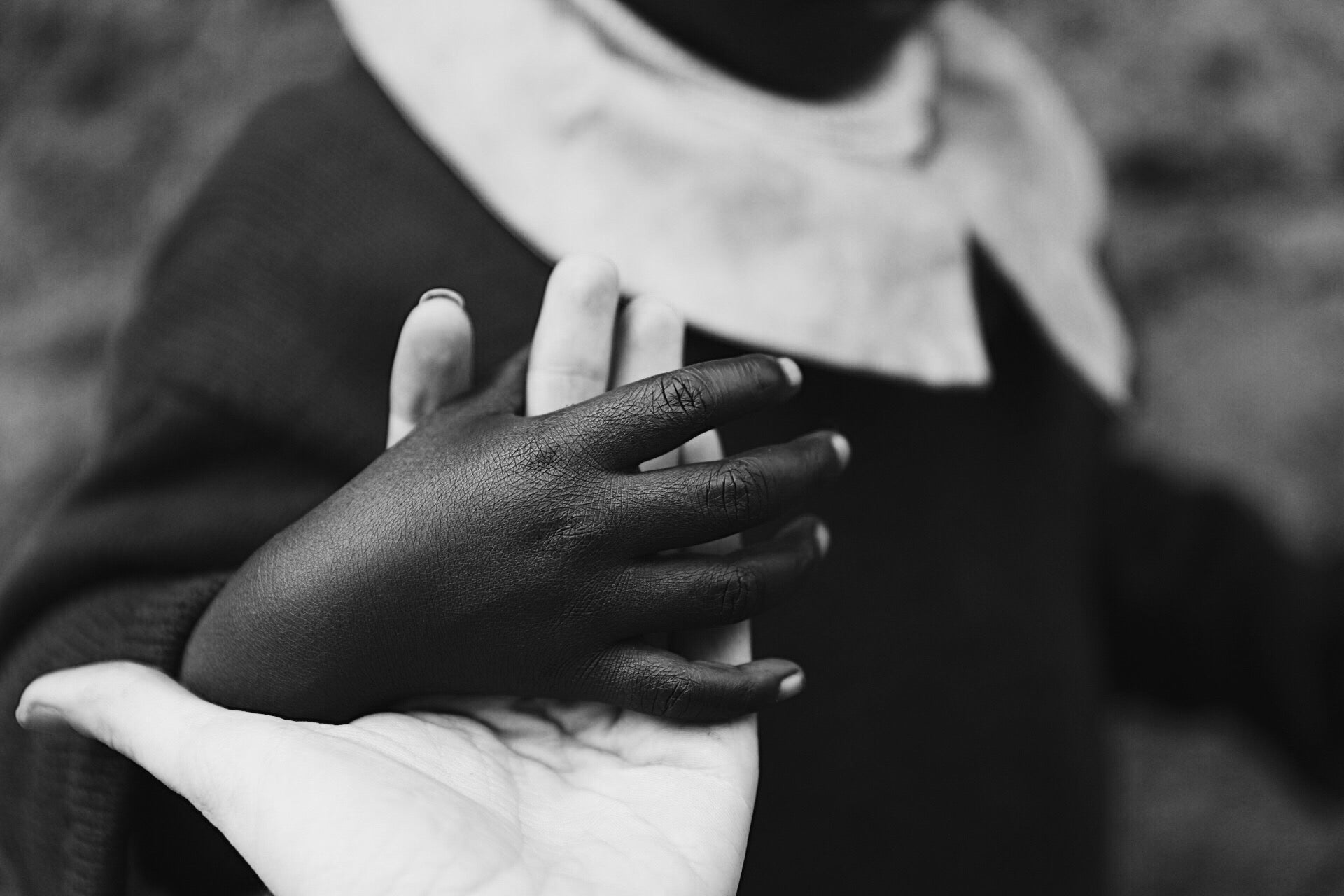
in Blog
Nacional day of black consciousness.
The idea that we live in a country where there is racial democracy and that there is no racism in Brazil is the result of a narrative.
An intentional speech. This version of the story was told by some people interested in validating the colonization project in our territory, from its validity to later centuries.
Unfortunately, its marks - which we can call coloniality - remained. Project that, in addition to exploring the territory of the original peoples, enslaved indigenous and black labor, profiting from forced labor and trafficking. With that, Brazil became the country in the Americas that enslaved the most, bringing more than 4.5 billion black people from the African continent.
The marks of slavery are in our society until today, in different ways. And, contrary to what they tried to convince us, the existing racism in our country is irrefutable. A structural racism, as pointed out by Silvio de Almeida.
After the abolition of slavery, there were no public policies for the insertion of the black population in the labor market, in fundamental social rights or in the educational system. In this way, institutions and social relations maintained the racist rules and standards, which remain today, which makes racism a result of the social structure itself.
As a way of denying this condition, as Lélia Gonzalez teaches us, narratives such as racial democracy were disseminated through various strategies. The consequences of racism are felt daily by black people and are stamped on socioeconomic indices: they are the ones who earn the least and are also the biggest targets of violence. Their memories and cultural references are recurrently erased, despite the re-existence arrangements elaborated by this population.
Faced with so many problems, the black movement has been fighting for concrete actions to combat racism and political, economic, social and cultural emancipation. In this sense, one of its achievements was the creation of Black Consciousness Day, which invites us to look at this historical process based on racism and understand how it is still present in our society, expanding the discussion to the creation of affirmative and political actions. public to fight it.
Maira Ferraz, Hai educator
Written by Mariana Fischer


